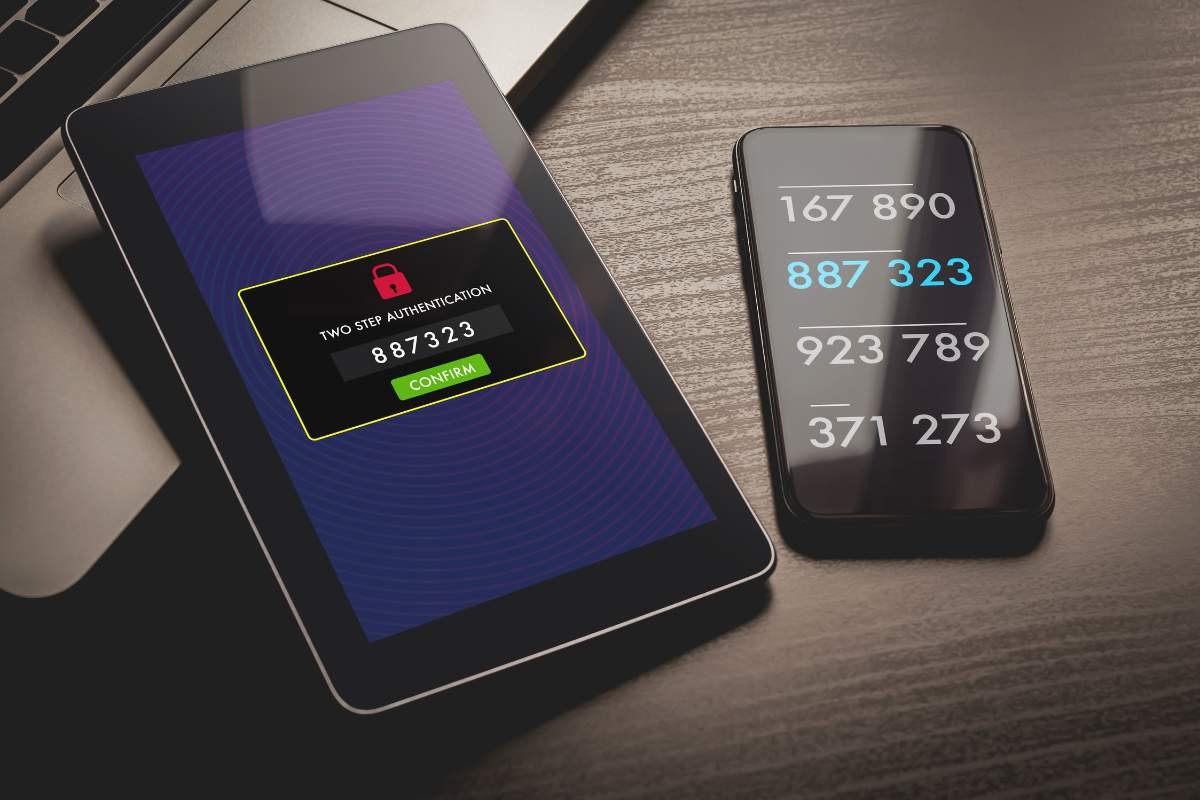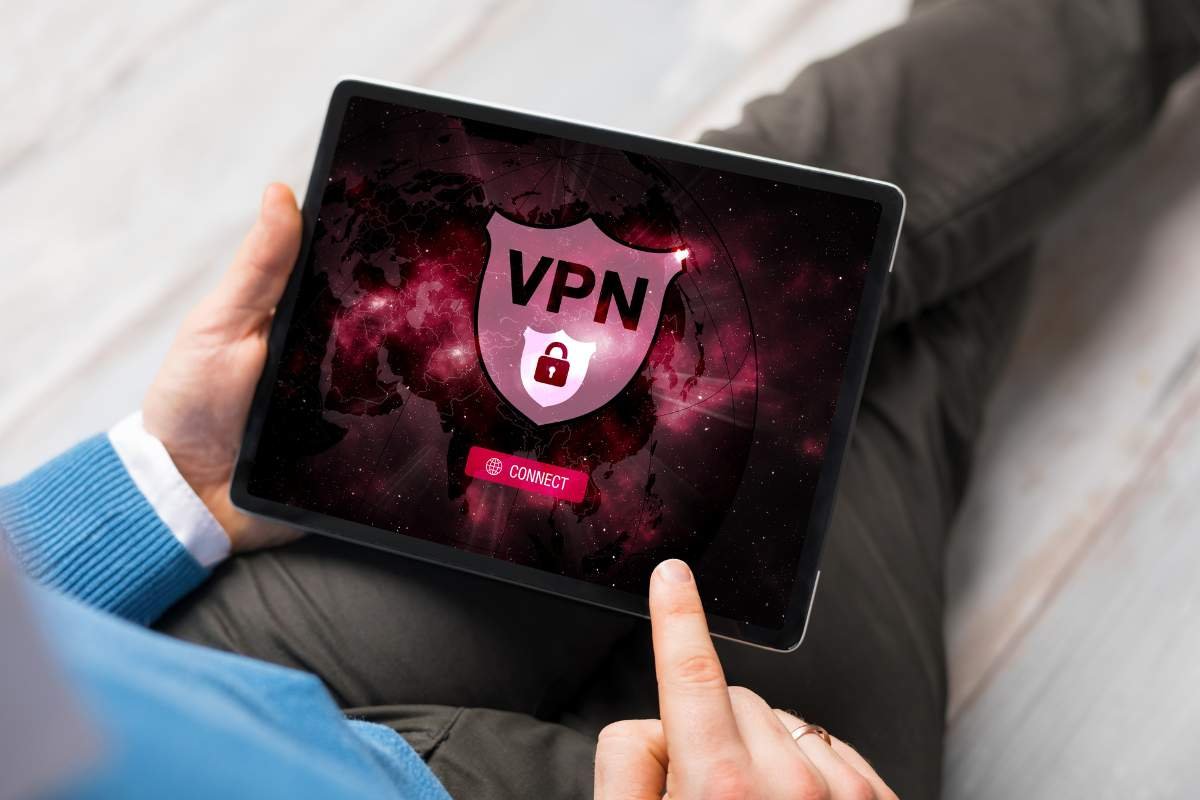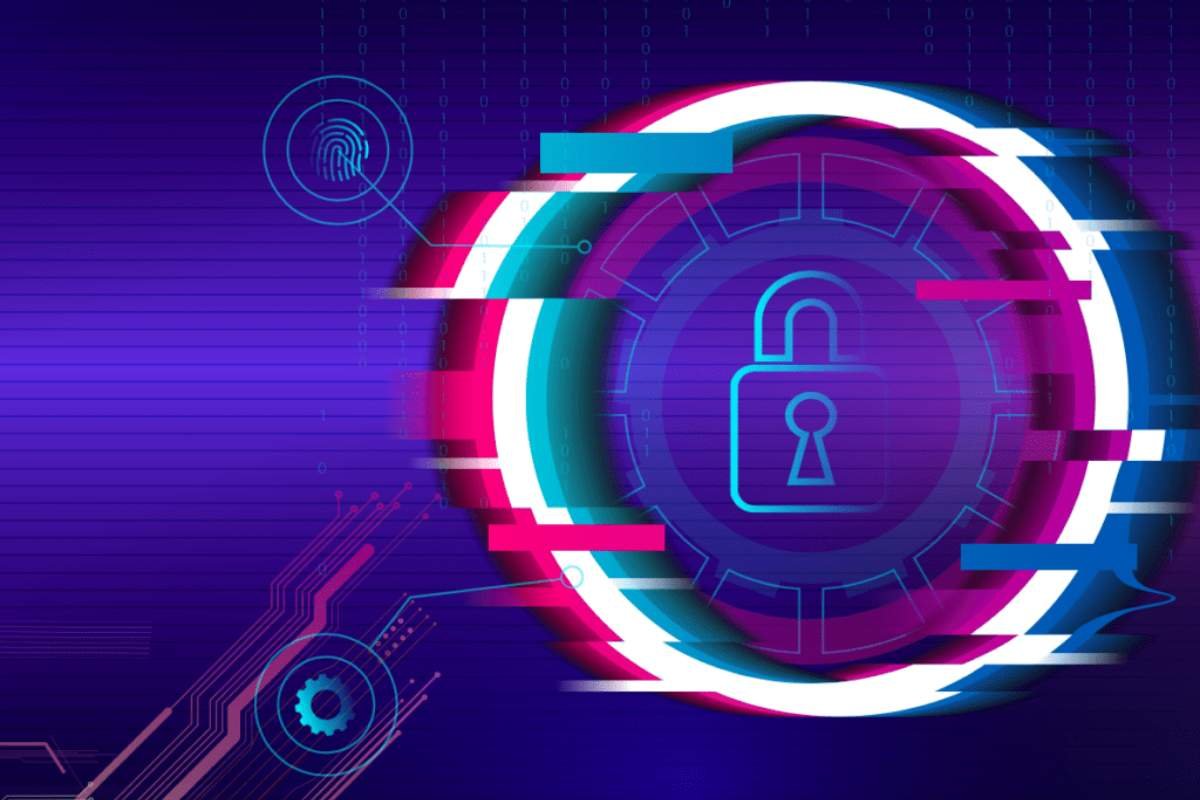In this digitally driven world, the internet is a core element that helps us thrive in both personal and professional lives. We use the internet for social media, online shopping, banking, working remotely, and many more daily. But with increasing internet presence, the risk associated with it has increased too. This has increased cybercrime rates, and as time has changed so have the tactics of cybercriminals. So we have to be more aware while browsing online. In this article, we will find out ways to stay safe online and highlight effective methods to protect yourself from cyber threats.
Here Are 10 Ways To Stay Safe Online To Protect Yourself From Cyber Threats:
1. Use Strong, Unique Passwords
One of the most important ways to stay safe online is by using strong, unique passwords for every account. Many people still use simple passwords like “123456” or “password,” which are incredibly easy for hackers to guess. To improve security, create complex passwords that include a combination of upper and lowercase letters, numbers, and special characters. Additionally, avoid reusing passwords across different sites.
Using a password manager is a great way to keep track of your passwords without having to remember them all. These tools generate and store complex passwords securely, allowing you to use different passwords for every account without the hassle of memorizing them.
2. Enable Two-Factor Authentication (2FA)

Two-factor authentication is another highly effective method to enhance your security. It requires you to provide two forms of identification—usually something you know (a password) and something you have (a smartphone or security token)—before accessing an account. Even if someone manages to get hold of your password, they won’t be able to log in without the second form of authentication.
Many online services, including email providers, banks, and social media platforms, now offer two-factor authentication as an additional layer of security. It’s one of the simplest yet most powerful ways to stay safe online.
3. Keep Your Software Updated
Keeping your software updated is crucial for online security. Outdated software can have vulnerabilities that hackers exploit to gain access to your devices or personal information. This applies to your operating system, browsers, antivirus programs, and any apps you regularly use.
Most updates come with important security patches that fix known issues. Setting your devices to update automatically ensures you won’t miss critical updates, making it one of the easiest ways to stay safe online.
4. Be Wary of Phishing Scams
Phishing scams are one of the most common methods cybercriminals use to steal sensitive information. These scams often come in the form of emails, text messages, or even phone calls pretending to be from legitimate sources like your bank or a trusted company. They may ask you to click on a link or download an attachment, which could lead to malicious websites or install malware on your device.
To avoid falling victim to phishing scams, be cautious when opening unsolicited emails or messages. Always verify the sender’s identity and never click on suspicious links. Hover over links before clicking to see the actual URL, and report phishing attempts to the appropriate authorities.
5. Use a Virtual Private Network (VPN)

When using public Wi-Fi, your data is vulnerable to interception by hackers. One of the best ways to stay safe online, especially when accessing sensitive information, is to use a virtual private network (VPN). A VPN encrypts your internet connection, making it much harder for cybercriminals to intercept your data.
Whether you’re working remotely, browsing social media, or online shopping, a VPN adds an extra layer of protection, ensuring that your personal information remains private. Be sure to choose a reputable VPN provider that offers strong encryption and does not keep logs of your activity.
6. Limit the Information You Share on Social Media
Oversharing personal information on social media can make you a target for cybercriminals. Posting details like your full name, birthdate, address, or vacation plans can give hackers the information they need to impersonate you or break into your accounts.
One of the easiest ways to stay safe online is to review the privacy settings on your social media accounts. Limit who can see your posts and personal information, and avoid sharing details that could be used to guess your passwords or answer security questions. Be mindful of the information you share publicly and think twice before posting anything sensitive.
7. Be Cautious with Downloaded Files and Apps
Downloading files and apps from unverified sources can put your devices at risk of malware, ransomware, and other cyber threats. Always download software from official websites or trusted platforms, and be cautious of email attachments or links that prompt downloads.
Before installing any new app, check the reviews, permissions it requires, and whether it’s from a reputable developer. Malicious apps can often disguise themselves as legitimate, so taking these extra steps is a simple but effective way to stay safe online.
8. Secure Your Home Wi-Fi Network

Your home Wi-Fi network is the gateway to all your internet-connected devices, so securing it should be a top priority. Start by changing the default password that comes with your router, as these are often easy to guess or find online. Use a strong password and, if possible, enable WPA3 encryption, which is the most secure protocol available.
It’s also a good idea to hide your network’s SSID (the name of your Wi-Fi network), so it’s not visible to others. By taking these steps, you can prevent unauthorized users from accessing your network, which is a critical way to stay safe online.
9. Be Mindful of Online Shopping and Banking
Online shopping and banking are convenient, but they also present potential security risks. To stay safe when shopping online, only use trusted websites that have secure payment gateways (look for “https” in the URL and a padlock symbol). Avoid using public Wi-Fi when making financial transactions, as your data could be intercepted.
Monitor your bank and credit card statements regularly for any unauthorized transactions. If you notice anything suspicious, report it to your financial institution immediately. Being vigilant about where and how you use your financial information is one of the key ways to stay safe online.
10. Educate Yourself About Online Security
Finally, staying informed is one of the most important ways to stay safe online. Cybersecurity threats evolve, and staying updated on the latest scams, data breaches, and protective measures will help you navigate the online world more safely. Consider taking online security courses or following reputable cybersecurity blogs and forums to stay informed.
Cybersecurity awareness can help you recognize potential threats before they harm you. The more you know about online risks, the better equipped you’ll be to protect yourself.
Conclusion
The internet has been a necessity in today’s world. But we cannot avoid the risk that follows with it. By practicing these ways to stay safe online, you can protect your data and reduce the chances of becoming a victim of this cyber threat. When it comes to online security, using strong passwords, enabling two-factor authentication, and staying informed are proactive steps that ensure a safer digital experience for yourself and others.










